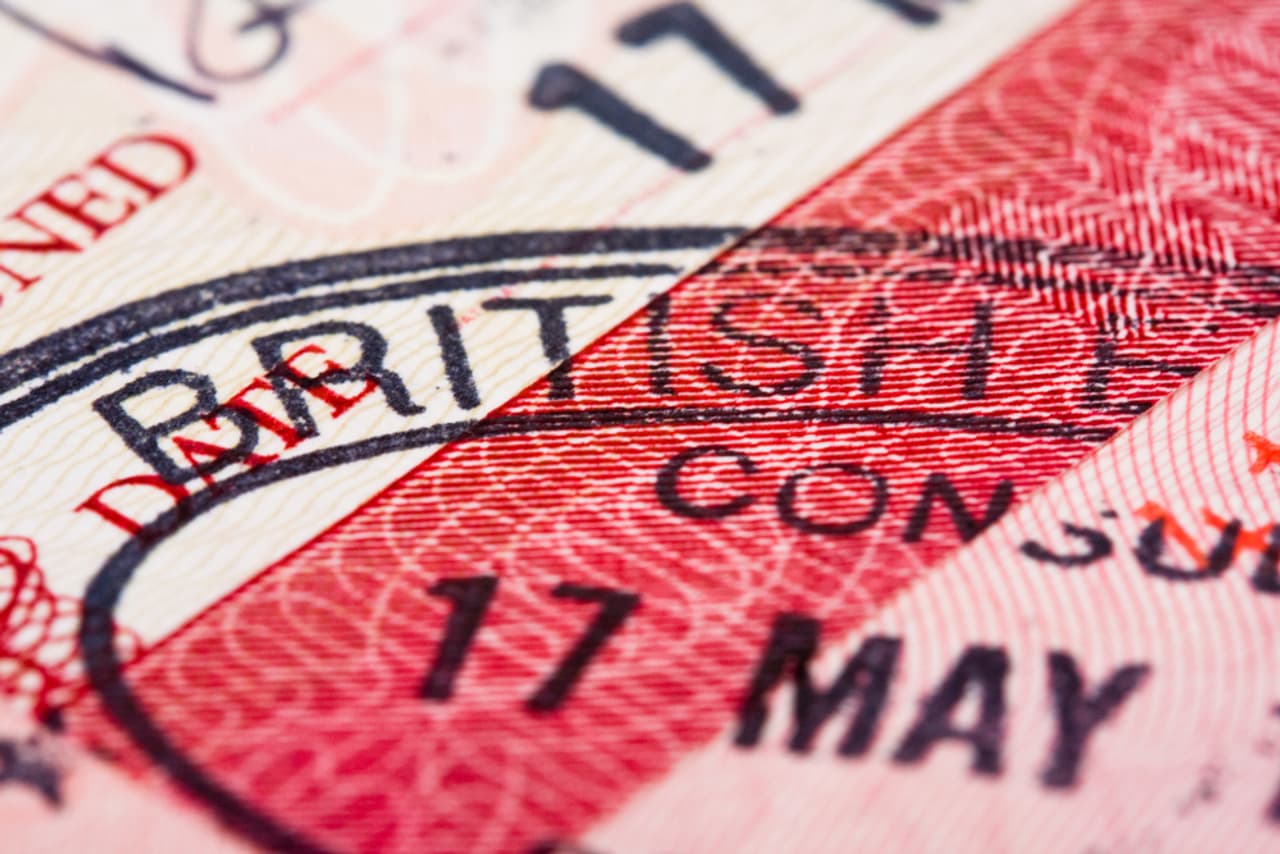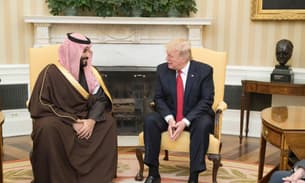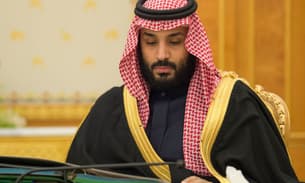
How City lobby supported controversial Indian trade deal
Stamp of approval for temporary workers from India (www.shutterstock.com)
A secret deal that saw Brussels blamed for ‘forcing’ Britain to take in 12,000 Indian workers – despite high unemployment – was supported by a lobbying push from British financial services companies.
TheCityUK, a powerful City lobby group, used its own India group and its membership of the European Services Forum to argue for more skilled workers to be temporarily allowed into the EU from emerging markets under an agreement known as ‘Mode 4’.
The group wants the Indian government to remove restrictions on European banks and other financial services companies setting up in India. As a sweetener, TheCityUK pushed for the EU to accept more Indian graduates on temporary working visas.
In a 2010 paper on EU trade policy it argued against taking social factors into consideration when signing trade deals and said it was important to ‘secure acceptance’ among European governments for Mode 4 ‘if agreements with certain markets are to be concluded’.
The industry also lobbied through the European Services Forum (see box below).
Linda Kaucher, researcher on trade policy
A draft of the UK-India Free Trade Agreement, leaked earlier this year, revealed that the lobbying was likely to be a success.
The draft suggested the UK would take in far more temporary workers in sectors such as IT and auditing services than any other EU country – despite a recent UK Border Agency report failing to confirm that such temporary workers benefit the economy.
The Trade Unions Congress has voted to oppose the India deal.
European campaign groups have also claimed it could remove regulations that could protect India against the risky activities that caused the recent European financial collapse.
Opaque influence
TheCityUK’s influence on Britain’s input into EU trade policy is unrivalled. It counts Lord Brittan, the former EC vice-president, among the unpaid members of its advisory council. Last year Brittan spent six months as trade adviser to the prime minister, and wrote the government’s white paper, Trade and Investment For Growth.
See related story: Lord Brittan – The lobbyist who wrote a white paper
TheCityUK also runs the Liberalisation on Trade in Services (Lotis) Committee – a place where ministers and the financiers meet. Lord Brittan previously chaired this committee.
George Osborne attends the Indian Banks’ Association in Mumbai in 2010 – Flickr/UK in India
Extract from TheCityUK’s annual report on India, 2011
‘We are fortunate to have HM Treasury and UK Trade & Investment as partners of the [India] group, and the regular briefings from the government departments and key players from the British High Commission in India ensure the group is on the leading edge of the vital information for keeping ahead of the curve in this fast changing market.
‘That access also allows us to give feedback to government in relation to the problem areas – protectionist legislation, and significant restrictions on market access, investment, and equality of treatment with domestic suppliers… It is refreshing that TheCityUK’s India group, in partnership with the Lotis Committee, another arm of TheCityUK, has influence and direct conversation with those who can address these important market barriers in India.’
The insider’s view
The ‘regular briefings’ TheCityUK receives from the government contrast with the position of the TUC.
Owen Tudor, the TUC’s head of international relations, says it has to rely on leaks.
‘Although we have had some meetings with officials, the only detailed information we have had about the negotiations has come through leaks,’ he said. ‘We have not been shown copies of negotiating drafts and we understand certain members of the business community have been shown them.’
He added: ‘Trade negotiations tend to take place behind a veil of secrecy.’
Myriam Vander Stichele, an expert on international trade negotiations at the Dutch Centre for Research on Multinational Corporations (Somo), says the financial services industry’s privileged position when it comes to trade deals is nothing new.
She attended trade talks where a senior British negotiator was said to have ‘phoned the financial lobbyists from inside the negotiating room to ask if the result of the negotiations is what they wanted’.
And she describes a ‘long but little-known tradition’ of British trade officials working out strategy with industry through the Lotis Committee.
Industry is allowed to be fully engaged in the negotiations while other stakeholders like consumers or civil society organisations are not allowed to know anything.’
Myriam Vander Stichele, researcher at Somo
‘There is a huge imbalance here. Industry is allowed to be fully engaged in the negotiations while other stakeholders like consumers or civil society organisations are not allowed to know anything. The secrecy means the consequences of certain positions are not being examined or discussed before they are agreed,’ she told the Bureau.
Linda Kaucher, a researcher on trade policy, says TheCityUK is not only talking to British trade officials, but setting the agenda for them. In 2009, she gained a place at a Lotis Committee meeting. ‘Representatives from banks were giving the civil servants their orders,’ she said. ‘The master-servant relationship was obvious.’
A BIS spokesman said the UK supports the inclusion of sustainable development aims in free trade agreements and such aims were expected to be included in the India deal. It declined to discuss the leaked draft document, but has said any deal would ‘not undermine the immigration cap’.
A spokesman for TheCityUK said: ‘Government departments always consult widely when developing policy. As a representative body for the financial and professional services sector, TheCityUK plays an active role in the policy consultation process. TheCityUK is an independent, politically neutral organisation. We represent the views of our members in discussions, but it is for the Government to set UK policy.’
Related article: Inside the City’s best-connected lobby group
The Lotis Committee has regular briefings with the Treasury on financial dialogue with India and recently met privately with Ignacio Garcia-Bercero, the chief EU negotiator on the India Free Trade Agreement for ‘an update on the state of play’. The public knows little else about the deal, although a paragraph in Lord Brittan’s white paper says it ‘will create significant benefits for both India and the EU, amounting to as much as €4bn [£3.3bn] by 2020’.
The Corporate Europe Observatory (CEO), a Brussels-based campaign group, launched a legal action in February 2011 against the EU’s executive, accusing it of discrimination and of breaking the EU’s transparency rules. The EU had withheld information on the India deal from the campaign group while sharing it with corporations and their lobbyists, the group claims. A hearing is expected later this year.
The Bureau requested minutes of Lotis Committee meetings under Freedom of Information rules, but UKTI and BIS refused, saying publication could prejudice international relations.
‘BIS officials do not sit on the Lotis Committee as such but attend as “government observers”,’ a spokesman added.
TheCityUK’s own material, which describe Lotis being set up to satisfy a need for ‘dialogue with Government’ and past Lotis minutes suggest these ‘observers’ actively contribute to discussions.
The FCO released a heavily redacted set of minutes. Minutes for a meeting in March 2012 said ‘a political understanding’ on the deal should be reached by autumn this year.
Mode 4: Immigration in exchange for market access
The UK’s financial services industry influences the European negotiators through the European Services Forum (ESF), which lobbies for liberalisation of international trade in services and regularly meets the European Commission on trade policy issues.
In December 2011, the ESF wrote to Ignacio Garcia-Bercero, the European Commission’s chief negotiator in the talks, complaining about a lack of progress in liberalisation of the banking, insurance and accounting sectors.
‘We remain very concerned that key services sectors will not achieve the ambitious market openings that they have sought in these negotiations,’ it said.
‘We believe that the EU should be ambitious in its offer on temporary movement of services providers (Mode 4),’ the letter continued. ‘European services companies need access to specific personnel with specific high skills in order to maintain their competitiveness. In addition, India clearly sees tremendous value in gaining Mode 4 commitments from the EU and could therefore present the EU with an opportunity for achieving greater ambition from both sides.’
The following month, BIS minister David Willetts admitted in a parliamentary debate that ‘a key element of the UK’s offer in trade negotiations is its willingness to admit temporarily to the EU highly skilled professionals under Mode 4’. Such measures would be ‘consistent with our commitment to limit levels of economic migration to the UK’ and would be subject to wage parity testing, he added.
A leaked paper suggested the deal will allow at least 9,000 temporary skilled ‘contract service suppliers’, as well as 3,000 independent professionals into the UK from India. This is on top of the 29,000 graduate-level workers brought into the UK last year by ‘intra-company transfers’, which are exempt from immigration caps. Intra-company transfers are workers sent from overseas parent companies to work in British branches or subsidaries.
The UK Border Agency’s Migration Advisory Committee’s recent report warned intra-company transfers could come at the expense of jobs for UK citizens and concluded: ‘On balance, it is difficult to reliably ascertain whether the current arrangements are economically beneficial in aggregate terms.’
A spokesman for Department for Business, Innovation and Skills said: ‘The EU-India free trade agreement has the potential to be a game-changing deal: increasing our trade with high-growth economies such as India will be central to the UK’s future growth and prosperity. The deal also has the potential to support continued growth and poverty reduction in India.’





